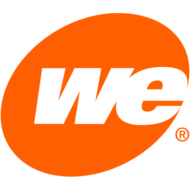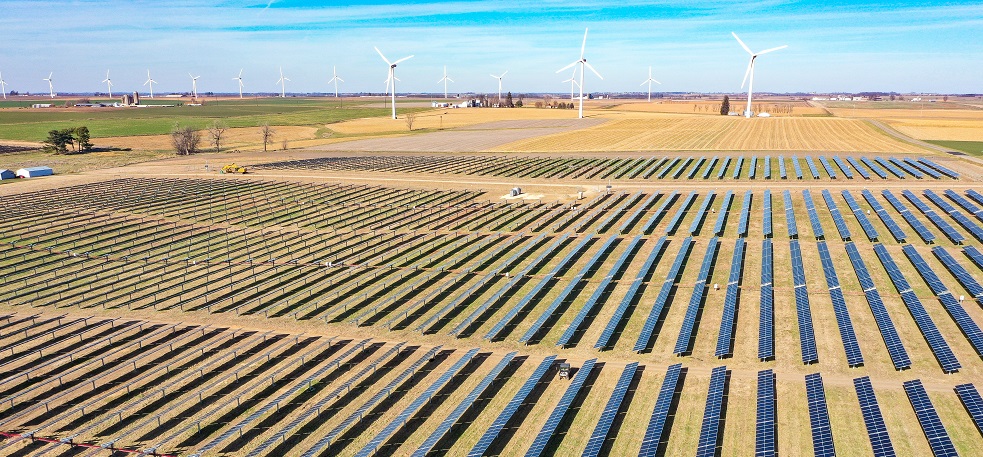As the largest renewable energy investor in Wisconsin, WEC Energy Group, parent company of We Energies and Wisconsin Public Service (WPS), is focused on a clean energy future. From new solar, wind and battery projects to cutting-edge research in hydrogen — WEC Energy Group is committed to providing customers affordable, reliable and clean energy.
Cutting emissions
In 2021, WEC Energy Group announced some of the most aggressive environmental goals in the energy industry.
The company is working to reduce carbon emissions from its electric generating fleet 60% by the end of 2025, and 80% by the end of 2030 — both from a 2005 baseline.
The company expects to exit from its use of coal by 2035 as part of its plan to achieve net-zero carbon emissions from power generation by 2050.
WEC Energy Group is also working to address methane emissions. The company is targeting net-zero methane emissions from its natural gas distribution business by the end of 2030.
Renewable energy
To help meet its aggressive environmental goals, WEC Energy Group is planning to invest $3.5 billion by 2026 on new solar, wind and battery projects in Wisconsin. The projects will generate nearly 2,400 megawatts of renewable energy capacity to serve We Energies and WPS customers.
As these exciting projects are being planned and developed, the company’s recent and past investments in renewable energy — including the first two large-scale solar parks in Wisconsin history — are helping keep the lights on with affordable, reliable and clean energy.
Hydrogen and renewable natural gas
As WEC Energy Group looks to decarbonize the economy by 2050, it’s exploring new and emerging technologies.
The company is partnering with the Electric Power Research Institute to test hydrogen as a fuel source at one of its natural gas-powered units in the Upper Peninsula of Michigan. This is the first hydrogen-power pilot program of its kind in the United States.
The project will be carried out in 2022, and the results will be shared across the industry to demonstrate how the use of hydrogen could reduce carbon emissions.
The company is also exploring the use of renewable natural gas, or RNG, for its gas distribution business. The first project will tap into the output of a large Wisconsin dairy farm. The gas supplied each year will directly replace higher emission methane from natural gas that would have entered the company’s pipes. This initial project alone represents 25% of the company’s 2030 goal for methane reduction.

